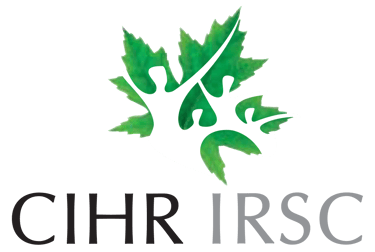Peer Support for Hospital Discharge
Individuals may have cognitive challenges such as trouble remembering, learning new things, concentrating, or making decisions that affect their everyday life as a result of living and aging with HIV. This study looked at how group therapy may help reduce stress and anxiety associated with cognitive impairment for people aging with HIV. Research suggests that using a combination of intervention techniques like mindfulness and group therapy can result in better outcomes. Participants aging with the mild-to-moderate form of HIV-Associated Neurocognitive Disorder (HAND) were randomly assigned to two groups; Cognitive Remediation Group Therapy CRGT (Group 1) which had a combination of brain training activities and mindfulness-based stress reduction, or the Control Group (Group 2) of mutual aid. Among 40 participants, 15 replied, 12 recruited and engaged in the study, and 10 participants fully completed the study. Results showed statistically significant improvements in CRGT (Group 1) vs the Control Group (Group 2), and participants of CRGT (Group 1) continued to show improvements in stress and mindfulness after a 3-month follow up. A community-clinical partnership designed a peer intervention program for people living with HIV who were hospitalized, titled the ART of Conversation. Five Peer Volunteers delivered the program. Peers were matched with, and met with, a participant prior to discharge and frequent phone contact following discharge. The 4-day Peer Volunteer training supported skill building in active listening, structuring a call, use of self, boundaries, and facilitating program closure. Peer Volunteers were interviewed prior and post-match. Analysis reviewed Peer Volunteer preparedness and areas for program improvement. Peers noted participants felt affirmed in their experiences, tracked goals and progress of participants, built rapport through personal experience disclosures, and completed closure tasks. Peers struggled to maintain emotional connections over the phone and were concerned when participants were non-responsive. The article discusses the training program pilot and recommendations for practice. It also includes the full Peer Support Volunteer Training Manual.
5/8/20241 min read
To read the full study click, here


